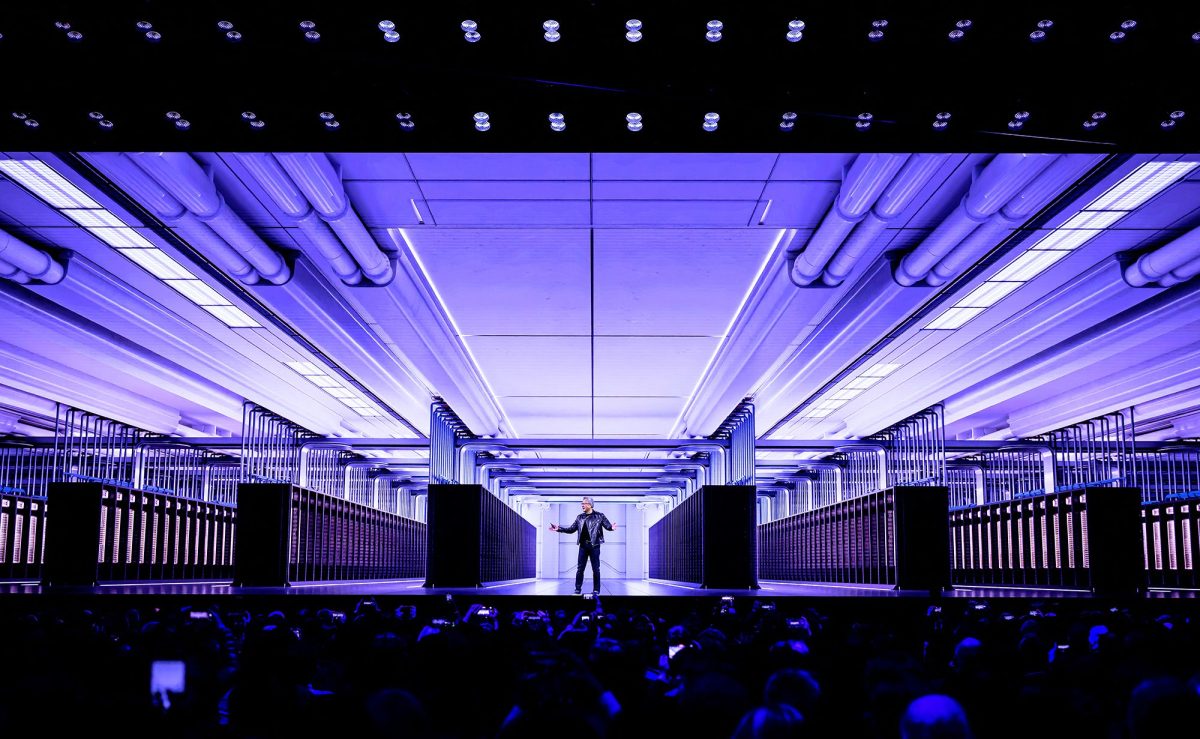New York (CNN) —Nvidia just became the world’s first $5 trillion company.
Unprecedented demand for the company’s AI chips has propelled the company’s market valuation into the stratosphere. The milestone, which Nvidia reached at Wednesday’s open, comes just three months after the company crossed the $4 trillion mark. It took Nvidia about 13 months to go from $3 trillion to $4 trillion in valuation.
The company’s shares (NVDA) rose 3% after the market opened on Wednesday. Nvidia stock has gained about 50% in 2025 and has been near or at the top of the S&P 500’s best-performing stocks for years as investment in artificial intelligence continues to fuel the chipmaker’s meteoric rise.
Boosting Nvidia’s stock Wednesday: hopes for discussions between US President Donald Trump and Chinese leader Xi Jinping that open up China’s market to Nvidia’s high-end AI chips. On Tuesday, Nvidia’s stock rose after CEO Jensen Huang presented a vision of Nvidia’s future in which the company’s chips would be placed in everything from cell phone towers to robotic factories to self-driving cars. Huang, in his first-ever keynote address at the company’s GTC AI conference in Washington on Tuesday was effusive in his praise for Trump.
Nvidia’s AI chips are essential to powering the data centers that run the technology. The company is central to the AI boom not just because of those chips that are making it tons of money, but also because of the investments it’s pouring into other major players.
On Tuesday, another tech giant — Apple — breached the $4 trillion benchmark. It’s a sign that that the iPhone is still enough to excite consumers and Wall Street, even as the company has fallen behind in the AI race.
Meanwhile, Nvidia and AI leader OpenAI recently announced a major new tie-up, which will have the ChatGPT maker purchase billions of dollars’ worth of chips in exchange for a $100 billion investment from Nvidia that will be made over time. Nvidia also announced a $5 billion investment in beleaguered chipmaker Intel.
But the circular spending spree, paired with the industry’s eye-popping growth rates and the lack of clarity around the return on AI investments, has raised concerns that the AI market may be a bubble waiting to burst.
Still, Nvidia executives said during the company’s August earnings call that it estimates it will benefit from as much as $4 trillion in AI infrastructure spending by the end of the decade. In the most recent quarter, Nvidia raked in nearly $26 billion in net income.


